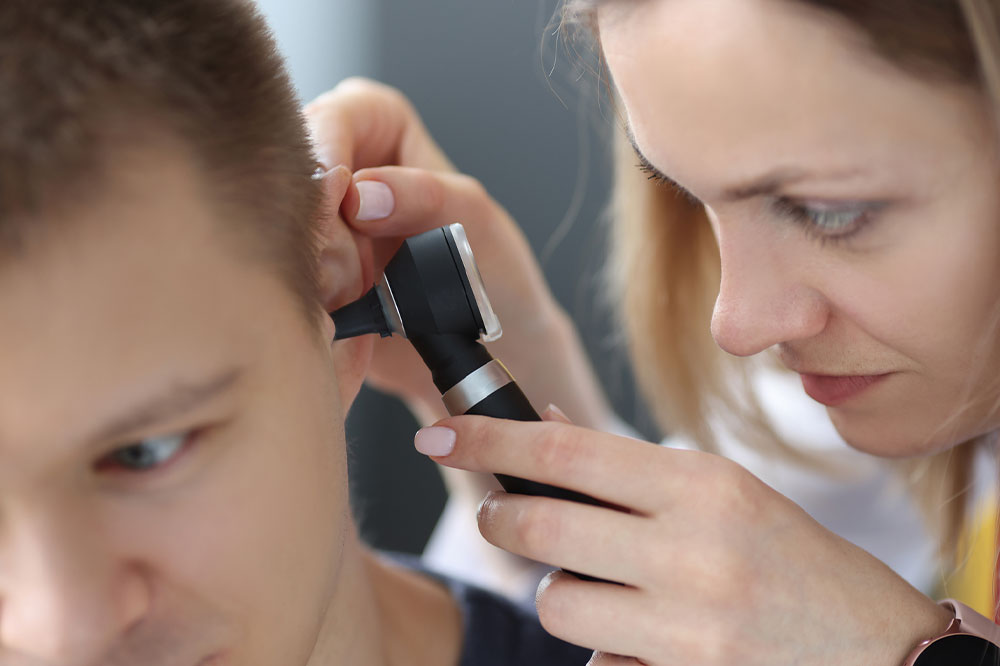11 Potential Warning Signs of Excess Sugar Intake

Processed foods like cakes, cookies, candies, and breakfast cereals contain added sugar, and most people find them delicious and irresistible. However, they have little nutritional value. Eating too many sweets can increase the risk of several health issues. For instance, it can lead to blood sugar spikes and heart disease. When a person eats too much sugar regularly, the body begins to give signs that it is time to cut back on sweet foods.
High blood pressure
Besides monitoring salt intake, people suffering from high blood pressure should watch their sugar intake because eating too much sugar is also linked to high blood pressure. According to a study, foods high in sugar can reduce nitric oxide in the blood vessels, which can, in turn, impact blood flow and lead to high blood pressure.
Mood swings or irritability
Feeling moody, irritable, or depressed on and off is a common sign of high sugar intake. Mood swings occur as foods high in sugar affect the neurotransmitters in the brain that regulate mood. Sugary foods also negatively impact gut function, another factor linked to a person’s mood.
Low energy or tiredness
Binging on sugary snacks wreaks havoc on one’s blood sugar levels. It first causes blood glucose to rise, providing a boost of energy.







